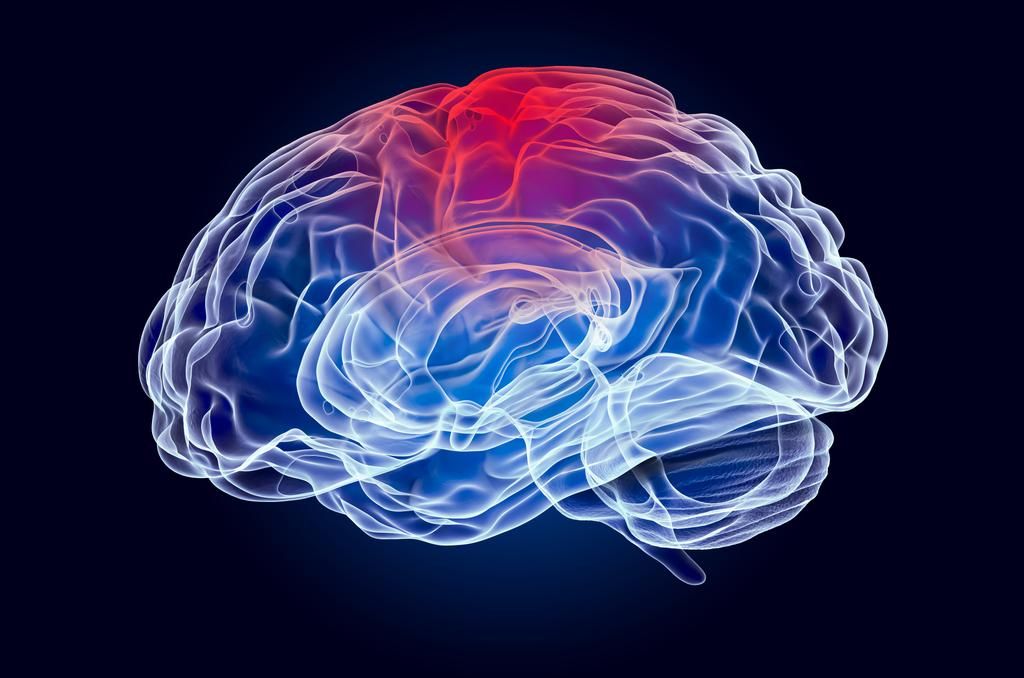A new study “underscores CBD’s potential therapeutic role in traumatic brain injury management.”

Titled Cannabidiol alleviates neurological deficits after traumatic brain injury by improving intracranial lymphatic drainage, the study is published in the Journal of Neurotrauma, with the abstract published online ahead of print by the US National Library of Medicine.
“Traumatic brain injury (TBI)-a severe clinical problem-is compounded by a lack of effective treatments and impeded intracranial metabolic waste clearance”, states the study. “Cannabidiol (CBD) has the potential to address metabolic imbalances and improve cognitive functions in neurodegenerative diseases, but its specific effect on TBI remains unclear. ”
Using a fluid percussion injury model, researchers “adopted a comprehensive approach that included behavioral testing, various imaging techniques, and deep cervical lymph node (dCLN) ligation to evaluate CBD’s effects on neurological outcomes and lymphatic clearance in a TBI mouse model.”
The results “demonstrated that CBD markedly enhanced motor, memory, and cognitive functions, correlating with reduced levels of detrimental neural proteins.”
CBD also “expedited the removal of intracranial tracers, increased cerebral blood flow, and improved tracer migration from lymphatic vessels to dCLNs.”
Researchers state that “Intriguingly, CBD treatment modified aquaporin-4 polarization and diminished neuroinflammatory indicators. A key observation was that disrupting efferent lymphatic channels nullified CBD’s positive effects on waste removal and cognitive enhancements, whereas its anti-inflammatory benefits continued.”
Researchers conclude by stating:
This finding suggests that CBD’s ability to improve waste clearance may operate via the lymphatic system, thereby improving neurological outcomes in TBI patients. Therefore, our study underscores CBD’s potential therapeutic role in TBI management.






